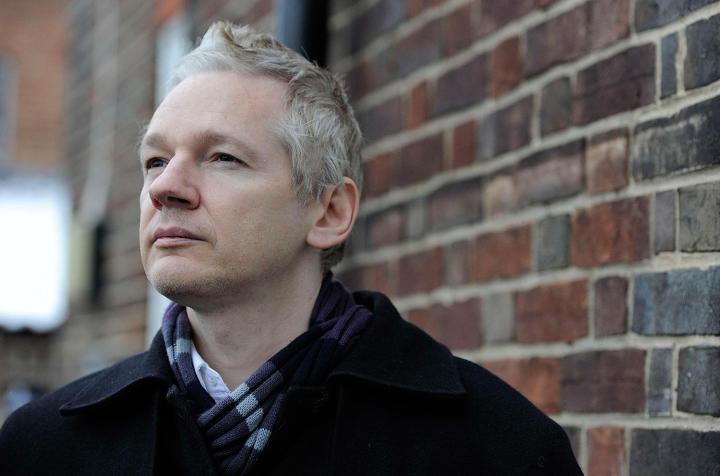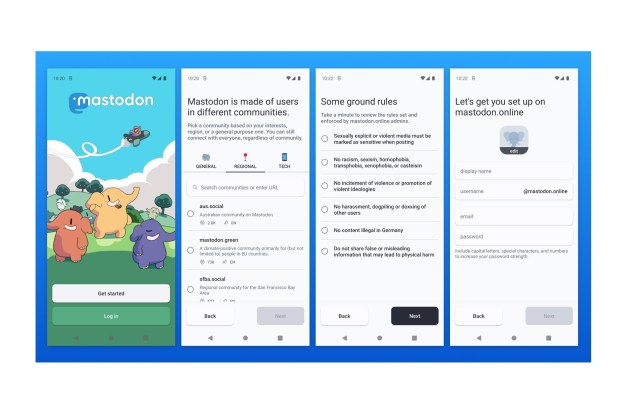

Unsurprisingly, the tweet set off a barrage of replies from concerned users accusing Wikileaks of essentially threatening to dox — the act of publishing private or identifying material online — verified Twitter users.
At last count, a quarter of the 150,000 verified accounts on Twitter were believed to belong to journalists. The fourth largest percentage of verified accounts reportedly belong to companies or businessmen and women. By far, the smallest percentage (2.9 percent) belong to politicians.
Asked to clarify on what its intentions are, Wikileaks tweeted that is isn’t threatening to dox people, but instead wants “to develop a metric to understand influence networks based on proximity graphs.”
In another, tweet it added: “We are looking for clear discrete (father/shareholding/party membership) variables that can be put into our AI software. Other suggestions?” After facing yet more criticism, it also claimed it is not going to publish addresses, and that LinkedIn, Google, and Facebook already have their own proximity graphs.
@WLTaskForce https://t.co/E6I6YxZmOJ @kevincollier Same objective @Number10gov 's https://t.co/CMgGRpKOwx to understand your enemy …
— Tim Berners-Lee (@timberners_lee) January 6, 2017
It seems the furor around Wikileaks’ tweets was enough to prompt an indirect response from Twitter CEO Jack Dorsey, who simply retweeted a tweet from the platform’s official safety account pertaining to the posting of private user info.
Twitter’s private information policy states that posting another person’s confidential information is a violation of its rules. It defines private data as credit card information, Social Security or other national identity numbers, addresses or locations that are considered and treated as private, nonpublic personal phone numbers, nonpublic personal email addresses, images or videos that are considered and treated as private under applicable laws, and intimate photos or videos that were taken or distributed without the subject’s consent.
However, Twitter also adds that it takes a number of other contextual details into account when determining if its policy has been violated on a per-case basis. The company states: “For example, if information was previously posted or displayed elsewhere on the Internet prior to being put on Twitter, it may not be a violation of this policy.”
We reached out to Dorsey for a response, but did not immediately receive a reply. The fact is, if Wikileaks makes good on its claims, Twitter will be forced to respond directly. After all, the privacy policy tweeted by the Twitter CEO only applies to info published on its site, whereas Wikileaks’ is threatening to create an external database.
Twitter came under fire last year when it was revealed that surveillance firms were using its public user data (which the company provides to developers via an application programming interface and its Gnip enterprise data products) to create tools that were being marketed to and used by law enforcement in the U.S. In response, Twitter cut off access to its tools for two of the firms in question (Geofeedia and Dataminr), and it also warned that developers caught violating its policy would be cut off from its data or suspended. However, Wikileaks does not have permission to use Twitter’s public API tools, so it will be interesting to see how it goes about building its proposed database.
Wikileaks’ tweets come in the wake of a televised interview in which its founder, Julian Assange, told Fox News that his organization did not receive its information about the Democratic National Committee from Russia, or anyone associated with the Russian government. After the interview aired, President-elect Donald Trump made reference to Assange’s assertion in a tweet.
Earlier this year, Wikileaks repeated its claims that it plans to start its own social network, a declaration it first made in 2012. Nothing has materialized as of yet.
Updated 01/06/2017 by Saqib Shah: Added that Wikileaks has deleted its original tweet
Editors' Recommendations
- X (formerly Twitter) returns after global outage
- Elon Musk setting up generative-AI project at Twitter, report claims
- It’s not just you – Twitter is down for users around the world
- Twitter to revamp verified accounts with a new label
- Some blue check Twitter users were unable to edit their names


